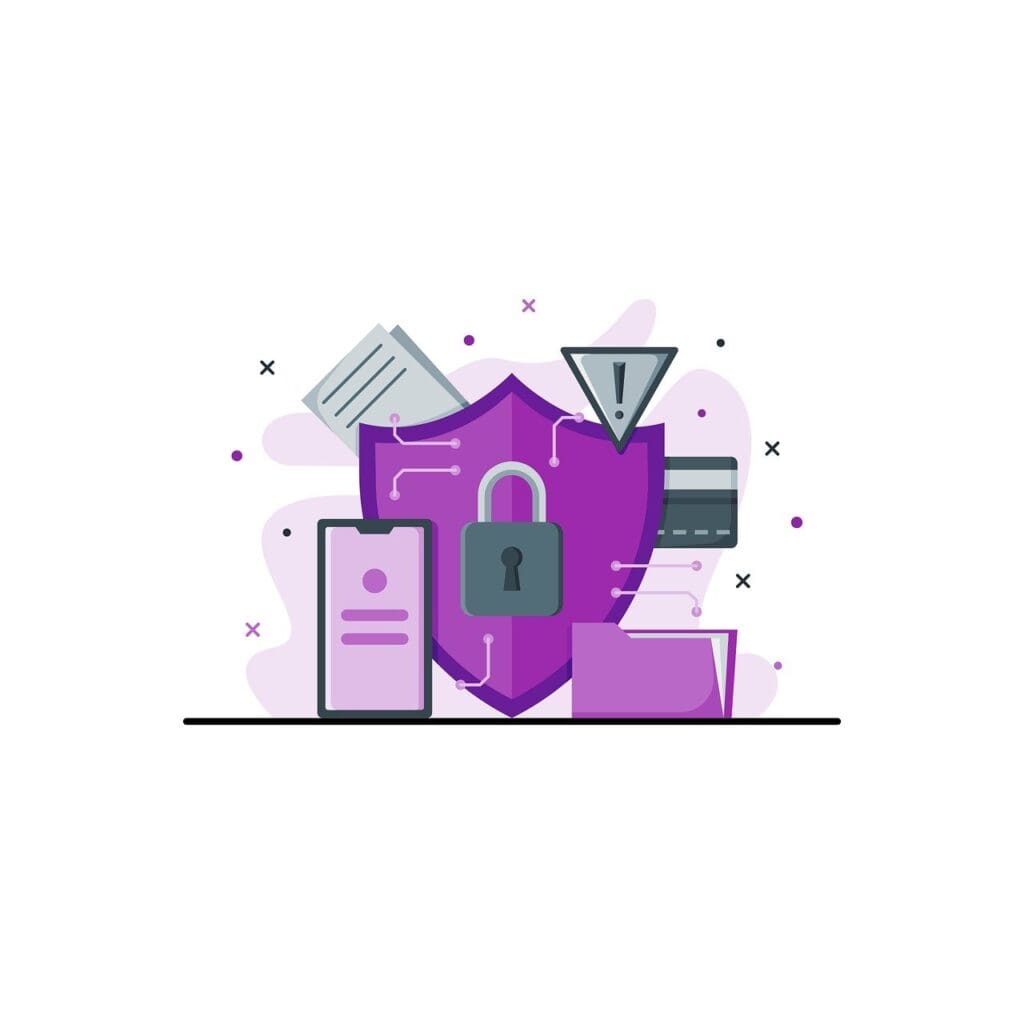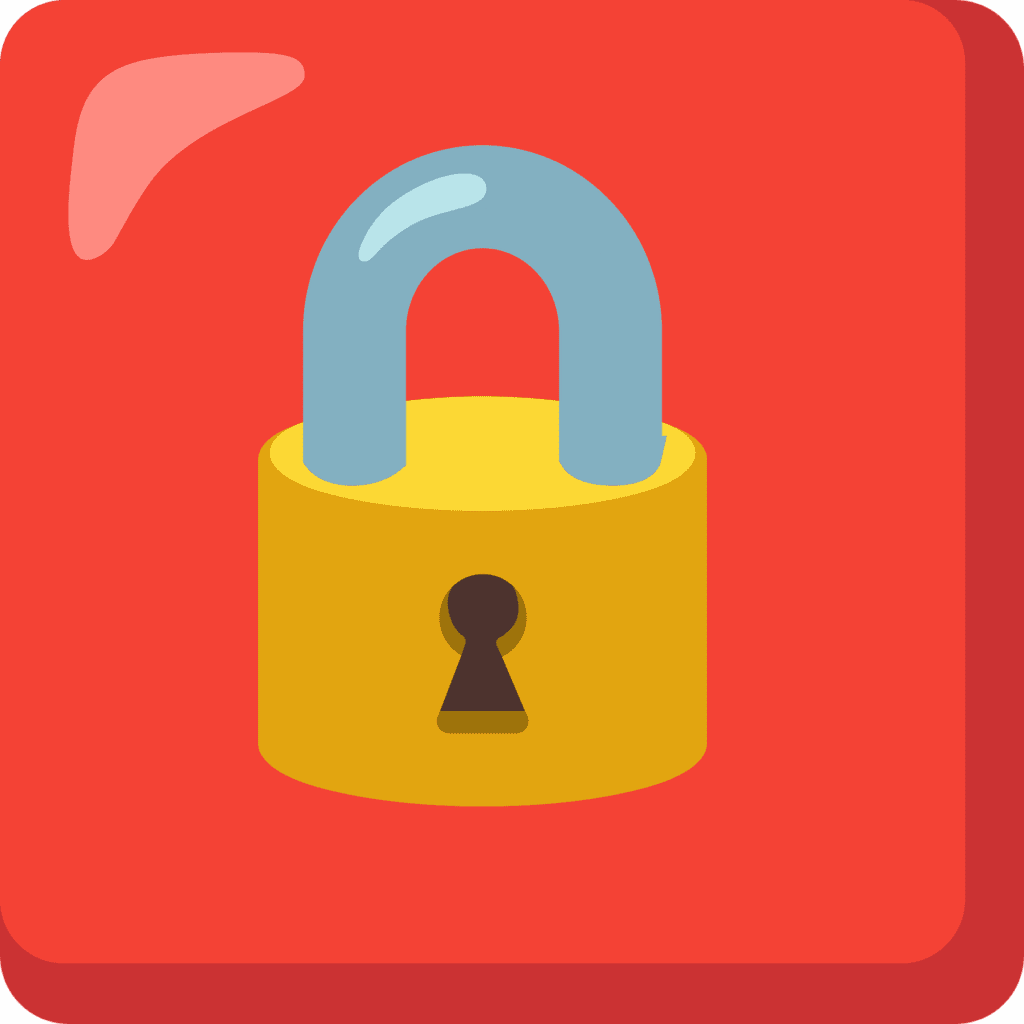Cybersecurity
Stop Account Hacks: The Advanced Guide to Protecting Your Small Business Logins
Sometimes the first step in a cyberattack isn’t code. It’s a click. A single login involving one username and password can give an intruder a front-row seat to everything your business does online.
For small and mid-sized companies, those credentials are often the easiest target. According to MasterCard, 46% of small businesses have dealt with a cyberattack, and almost half of all breaches involve stolen passwords. That’s not a statistic you want to see yourself in.
This guide looks at how to make life much harder for would-be intruders.… Read the rest
Read MoreIs Your Smart Office a Security Risk? What Small Businesses Need to Know About IoT
Your office thermostat, conference room speaker, and smart badge reader are convenient, but they’re also doors into your network. With more devices than ever in play, keeping track can be tough, and it only takes one weak link to put your entire system at risk.
That’s why smart IT solutions matter now more than ever. A trusted IT partner can help you connect smart devices safely, keep data secure, and manage your whole setup without stress.
Here’s a practical guide designed for small teams getting ready to work with connected tech.… Read the rest
Read MoreSecuring Your Supply Chain: Practical Cybersecurity Steps for Small Businesses
Picture this: your business’s front door is locked tight, alarm systems are humming, and firewalls are up, but someone sneaks in through the back door, via a trusted vendor. Sound like a nightmare? It’s happening more often than you think. Cybercriminals aren’t always hacking directly into your systems anymore. Instead, they exploit the vulnerabilities in the software, services, and suppliers you rely on every day. For small businesses, this can feel like an impossible puzzle. How do you secure every link in a complex chain when resources are tight?… Read the rest
Read MoreDecoding Cyber Insurance: What Policies Really Cover (and What They Don’t)
For small businesses navigating an increasingly digital world, cyber threats aren’t just an abstract worry, they’re a daily reality. Whether it’s phishing scams, ransomware attacks, or accidental data leaks, the financial and reputational damage can be severe. That’s why more companies are turning to cyber insurance to mitigate the risks.
Not all cyber insurance policies are created equal. Many business owners believe they’re covered, only to find out (too late) that their policy has major gaps. In this blog post, we will break down exactly what’s usually covered, what’s not, and how to choose the right cyber insurance policy for your business.… Read the rest
Read More



